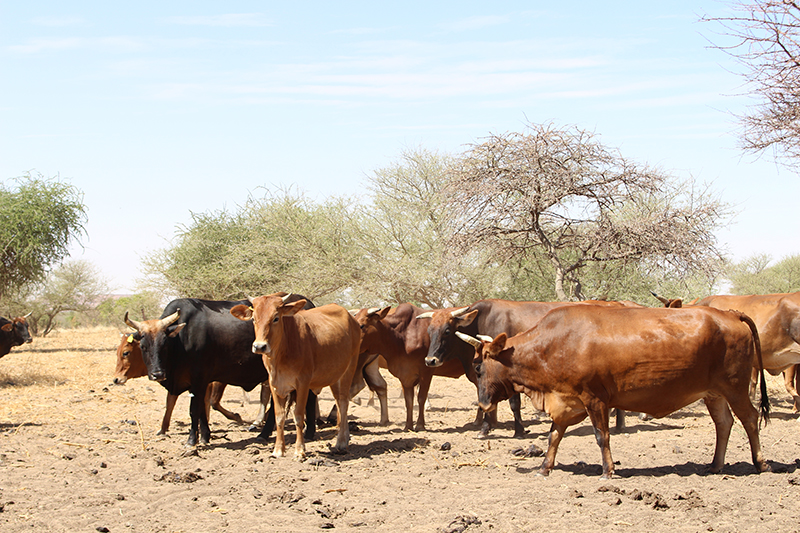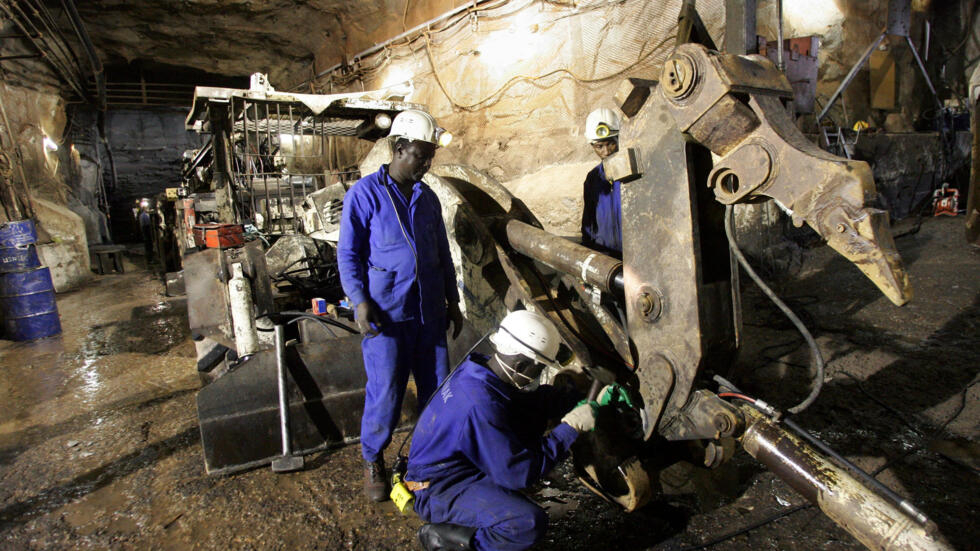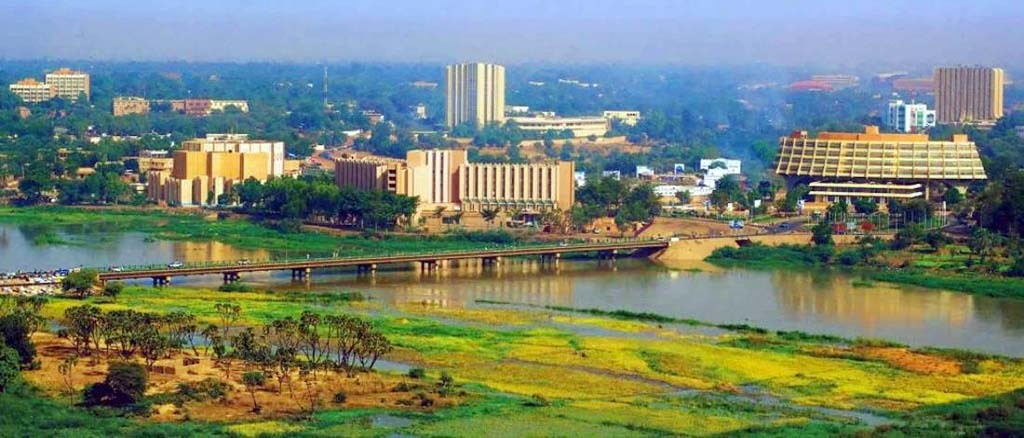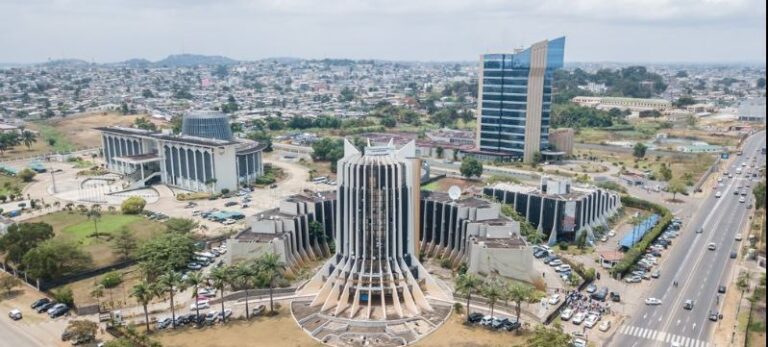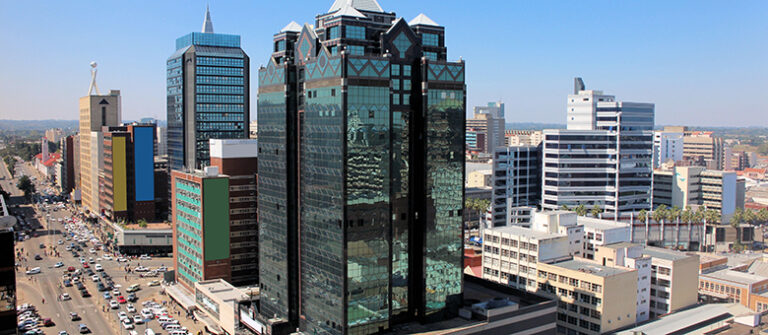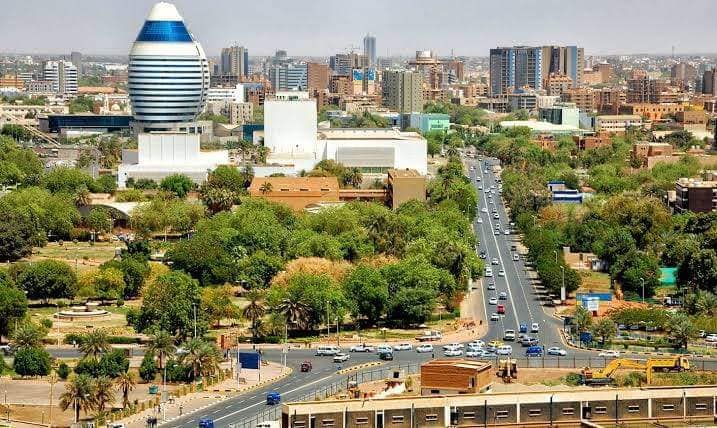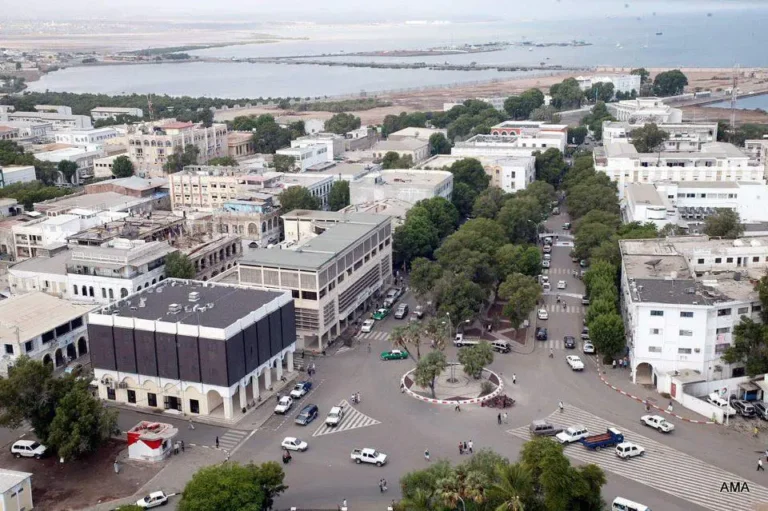Niger or the Niger, officially the Republic of the Niger, is a landlocked country in West Africa named after the Niger River. Niger is a unitary state bordered by Libya to the northeast, Chad to the east, Nigeria to the south, Benin and Burkina Faso to the southwest, Mali to the west, and Algeria to the northwest whose capital is Niamey. The current population of Niger is 26,834,685 as of Monday, July 3, 2023, based on Worldometer elaboration of the latest United Nations data.
The current president of Niger is Mohammed Bazoum since 2nd April 2021. Before becoming president, he served as the president of the Nigerien Party for Democracy and Socialism (PNDS). He also served as minister of foreign affairs from 1995 to 1996 and again from 2011 to 2015 and served various roles in Niger.
The economy of Niger is based largely on internal markets, subsistence agriculture, and the export of raw commodities: foodstuffs to neighbors and raw materials. Niger’s economic challenges have remained the same. As an agricultural economy and one of the world’s five largest uranium exporters, Niger has little autonomy over economic developments.
Niger is a low-income country that faces several fragility factors due to strong linkages between poverty, fragility, security, demography, climate change, and development.
Niger’s agriculture sector employs nearly 85 percent of the population and accounts for nearly half of its gross domestic product. However, due to frequent droughts and floods that decimate crops and livestock, much of the Nigerien population struggles to maintain a living through subsistence farming. Feed the Future investments in Niger are developing the agriculture sector so it can spur employment opportunities, contribute to regional food security and stability and help people rise out of extreme poverty and recover from recurring shocks.
Niger is a youthful and predominantly rural country. Its population of 21.5 million is 50 percent female, 80 percent rural, and 58.2 percent below the age of 18. With close to half of Nigeriens living in poverty, the prospects of many children are dim, and they risk becoming the next impoverished generation. Poverty rates have fallen in Niger, but due to rapid population increases, the number of poor people has increased.
Niger has the Country Strategy Paper (CSP) that presents the Bank Group’s new intervention framework in Niger for the 2018-2022 period.
Business opportunities in Niger
The country offers numerous investment opportunities, particularly in agriculture, livestock, energy, telecommunication, industry, infrastructure, hydrocarbons, services, and mining. Niger government also offers tax incentives for sectors that the government deems to be priorities and strategic, including energy production, agriculture, fishing, social housing, health, education, crafts, hotels, transportation, and the agro-food industry.

